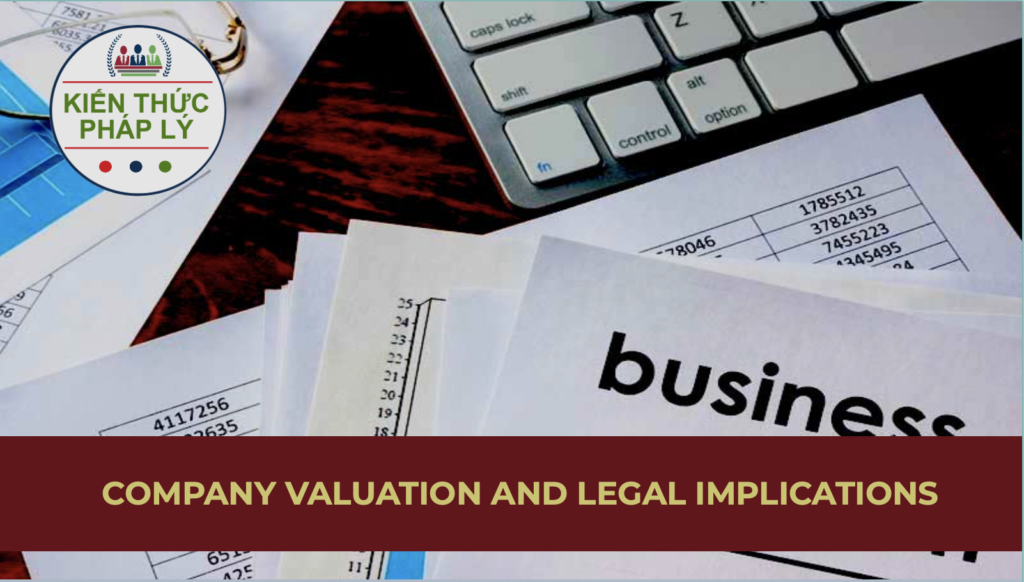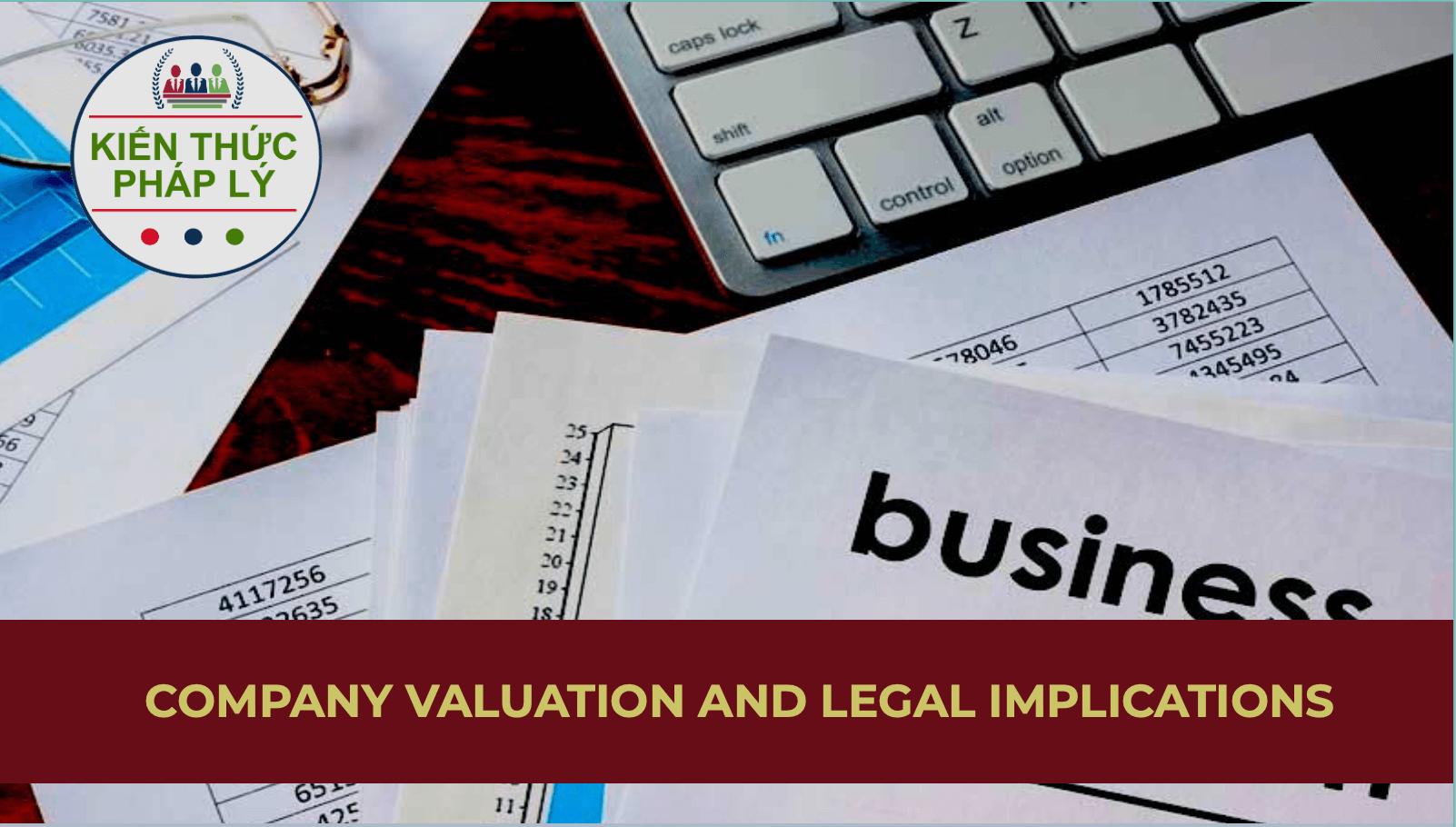In the course of rendering legal advice in respect of the investment / fund raising transaction, particular to the start-up companies (start-ups), the legal counsels regularly find themselves struggling with tricky finance/commercial terms. To a narrow extent, this article shall provide the readers with a glimpse overview analysis of several finance terms in correlation to legal terms as specified by laws.
Find Vietnamese version of this article HERE.

To facilitate the analysis herein, this article shall employ hypothetical cases as demonstrated below.
“A joint-stock company (“A JSC”) is an enterprise founded by three founding shareholders with the total issued shares (entire ordinary shares) of 6,000,000 shares, the par value is VND10,000 and the charter capital (share capital) of A JSC is VND60,000,000,000 (Sixty billion)
1. In order to raise capital for its business activities, A JSC has called up the capital/investment from a foreign investor and the latter has made an offer to A JSC. Accordingly, the foreign investor will invest in A JSC an amount of VND30,000,000,000 (Thirty billion) in exchange for 30% ownership of A JSC(the “Investment Proposal”).
2. The representative of A JSC comes and requests the lawyer to render comprehensive advice on thetransactional structure/ownership ratios/legal procedures with State authorities to expedite the Investment Proposal.”
As far as we concern, the determination of investment value (invesmtent amount) as well as the expected ownership ration of the foreign investor upon making capital injection in A JSC subtaintially relies upon actual valuation of the A JSC.
To clarify, the issue of company evaluation is neither the legal issue nor an area of expertise of lawyers. Infact, the company evaluation is often proceeded by investment counsels, financial consultants or independent audit firms, at the discretion of the foreign investor and/or upon mutual agreement between the foreign investor and the company. However, the lawyer, being the person who drafts and reviews transactional documents, must embrace the basic concepts and nature of company evaluation, assessing them in correlation to relevant legal issues.
In the author’s humble opinion, it is worth for a lawyer to grasp the notion of pre-money valuation / equity and post money valuation / equity.
So, what are the pre-money valuation and the post-money valuation essentially mean?
- The pre-money valuation refers to the value of the company prior to receiving investment. In other words, it is the actual value of the company immediately before the investor performs the investment/contribution capital into the company.
- The post-money valuation refers to the value of the company subsequent to receiving the investment of the investor. In other words, it is the actual value of the company immediately after the investor performs the investment/contribution capital into the company.
Several lawyers are confused of the phrase “actual value” employed in these terms above. “Value” therein does not mean the charter capital value recorded under the company’s enterprise registration certificate. Rather, it is the actual (market) value of the company assessed or determined by the investor (such a value may be equal, lower or higher than the charter capital).
Turning back to the example above, how are the pre-money valuation and post-money valuation rooted in the Investment Proposal?
The Investment Proposal explicitly specifies the desire of the foreign investor to hold 30% charter capital of A JSC in exchange for the total funding of VND30,000,000,000 being poured into A JSC. As such, the foreign investor may have determined that 30% of the charter capital is equivalent to VND30,000,000,000 and 100% of charter capital of the A JSC after the foreign investor performs the funding has the value of VND100,000,000,000. This is the post-money valuation.
From the post-money valuation, we can determine the pre-money valuation following to the below formular:
The pre-money valuation = Post-money valuation – new funding = VND100,000,000,000 – VND30,000,000,000 = VND70,000,000,000
In light of the above, it can be seen that the foreign investor has determined the valuation of JSC A higher than its nominated charter capital.
What is the legal implications in determination of the pre-money valuation and post-money valuation?
From the legal perspective, it is imperative that three central issues be elaborated in the course of rendering legal advice or drafting transactional documents, which are (i) the charter capital of the JSC A subsequent to receiving the investment; (ii) total additional shares issued to the foregin investor and (iii) par value of the share.
First of all, with respect to the charter capital of JSC A subsequent to the investment, it must be clarified that the such a charter capital shall not be equal to VND100,000,000,000 abovementioned. Again, there is a line to be drawn between the charter capital of a company and its actual valuation. Put it simply, the charter capital is only a nominal amount and remains constant unless changed by the company itself. On the other hand, the valuation of the company (represented by pre-money valuation and post-money valuation) is a variable, subject to change from time to time. In the above case, the capital injection of the investor shall undoubtedly lead to the increase in the charter capital since a number of new shares has been issued thereto. The question is how the charter capital increases?
Under the 2014 Law on Enterprise, the charter capital of a JSC is the total par value of the outstanding shares[1]. Thus, we must figure out the number of new shares to be issued to the investor so as to calculate the charter capital subsequent to the investment. The new shares to be issued to the investor is calculated based on the formulation as below:
NIS = [(PosMV x TOS) / PreMV] – TOS = [(100bil x 6mil)] / 70bil] – 6mil = 2,571,429 shares
In which:
NIS is total new shares to be issued to the investor
PosMV is the Post-Money Valuation
PreMV is the Pre-Money Valuation
TOS is the total outstanding shares (prior to investment)
*Note: There are many other formulations to calculate the NIS.
Consequently, upon the completion of the transaction, the basic parameter related to the Company and the ownership ratio of the foreign investor are as follow:
- The Company A’s charter capital: VND85,571,429,000
- Total issued shares had been issued of the Company A: 8,571,429 shares.
- The ownership ratio of the foreign investor: 30%
- The total issued share owned by the foreign investor (in case it is matching with total new issued shares): 2,571,429 shares.
The total par value of the shares of investor is determined by product of the par value of each share multiplying with the total shares issued to the investor. There is a clear differnece between the par value and the actual purchase price of shares. The gap between these two figures is considered as “equity surplus” in terms of accounting and auditing.
[1] Article 111.1 the Law on Enterprise 2014
Xem thêm thông tin tác giả tại ĐÂY.
- HẠN CHẾ RỦI RO TỪ ĐIỀU KHOẢN CAM ĐOAN, BẢO ĐẢM VÀ BỒI HOÀN TRONG GIAO DỊCH M&A – GÓC NHÌN TỪ BÊN BÁN - Tháng Bảy 21, 2024
- BỒI THƯỜNG THIỆT HẠI ẤN ĐỊNH THEO QUY ĐỊNH CỦA PHÁP LUẬT VIỆT NAM (Phần 3) - Tháng Năm 25, 2024
- BỒI THƯỜNG THIỆT HẠI ẤN ĐỊNH THEO QUY ĐỊNH CỦA PHÁP LUẬT VIỆT NAM (tiếp theo) - Tháng Mười Một 11, 2023








One Comment